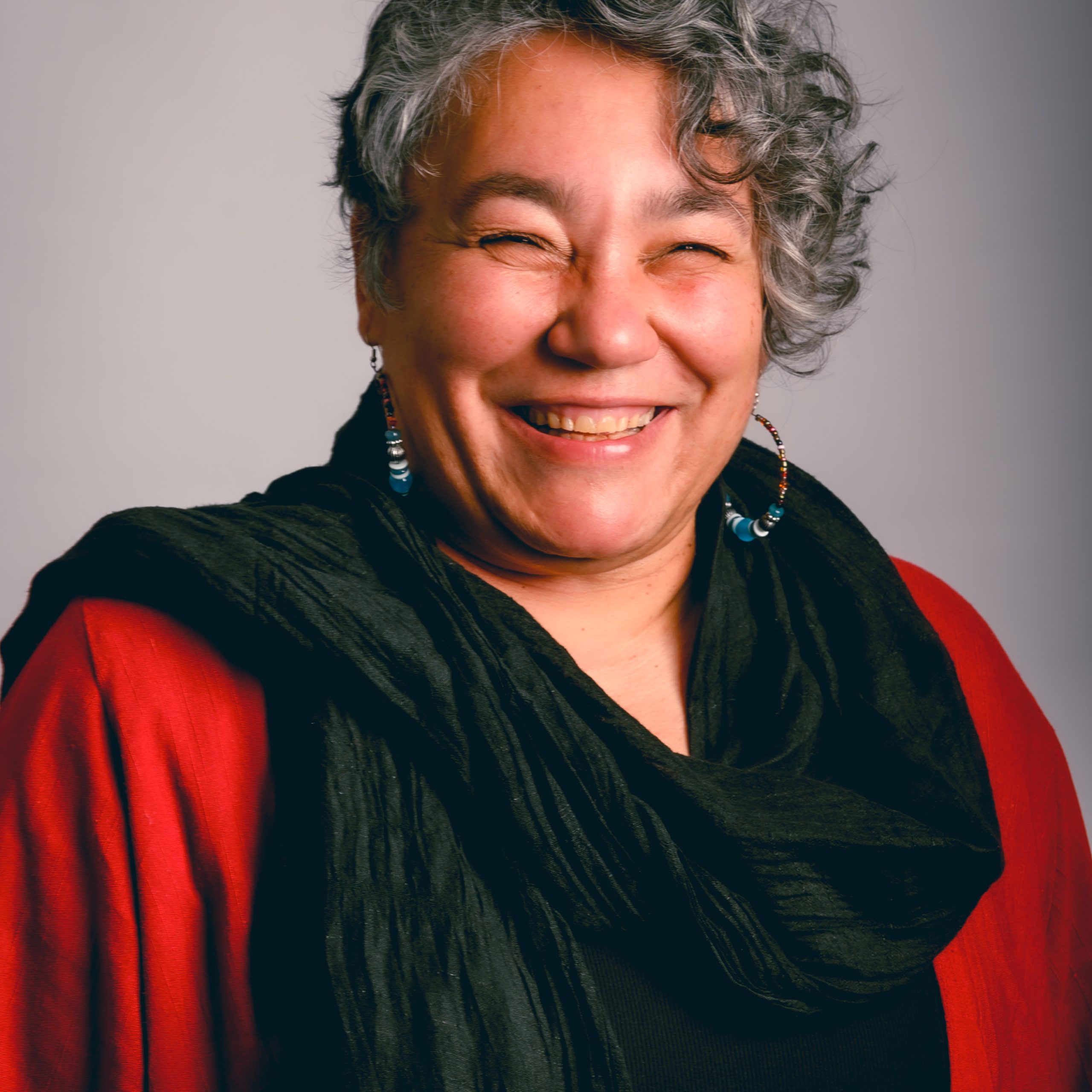
Sonja Boon
Sonja Boon is an award-winning researcher, writer, teacher, and flutist.
She is the author of the memoir What the Oceans Remember: Searching for Belonging and Home (WLU Press, 2019), and has published creative non-fiction and fiction in ROOM magazine, The Ethnic Aisle, Riddle Fence, and Geist, among others, as well as in anthologies.
Sonja has been longlisted and shortlisted for a number of literary prizes, including the CBC Nonfiction Prize, BMO Winterset Award, Newfoundland and Labrador Book Awards, and ROOM Magazine’s Creative Non-Fiction Contest. In 2021, she won an NL Arts & Letters Award in Poetry.
As a researcher, Sonja is interested in bodies, stories, identities, and theories, and has published scholarly work on a variety of topics, including considerations of gender, class, embodiment, identity and citizenship in eighteenth-century medical letters, to breastfeeding selfies and virtual activism, autobiographies of infanticide, auto/ethnography and the embodiment of maternal grief, and craftivism in the feminist classroom.
She is the author or co-author of four scholarly books, most recently, The Routledge Introduction to Auto/Biography in Canada (with Laurie McNeill, Julie Rak, and Candida Rifkind, 2022) and Autoethnography and Feminist Theory at the Water’s Edge: Unsettled Islands (with Lesley Butler and Daze Jefferies, 2018).
Professor of Gender Studies at Memorial University from 2008-2023, she is the recipient of the Royal Society of Canada’s Ursula Franklin Award in Gender Studies (2020) and is a member of the Royal Society of Canada’s College of New Scholars, Artists, and Scientists.
For six years, Sonja was principal flutist with the Portland Baroque Orchestra. She has also appeared with the Toronto Symphony, the Hallé Orchestra (Manchester, UK), Philharmonia Baroque Orchestra (San Francisco), and the Holland Festival of Early Music, among others. She has taught flute and performance practice at Bangor University, UBC, and Chetham’s School of Music.
Sonja is currently Vice President of WritersNL and a board member with Riddle Fence.
AWARDS
Dean’s Award for Distinguished Scholarship, Memorial University, 2022.
Longlist, Newfoundland and Labrador Book Awards (Non-Fiction), 2021.
Newfoundland and Labrador Arts & Letters Award (Senior Poetry), 2021.
Ursula Franklin Award in Gender Studies, Royal Society of Canada, 2020.
Longlist, BMO Winterset Award for Excellence in Writing, 2020.
Finalist, Foreword INDIE Awards (Biography/Memoir and Multicultural), 2020.
Finalist, ROOM Magazine Creative Non-Fiction Contest, 2015.
Dean’s Award for Teaching Excellence, Memorial University, 2015
Longlist, CBC Canada Writers Non-Fiction Contest, 2015.
